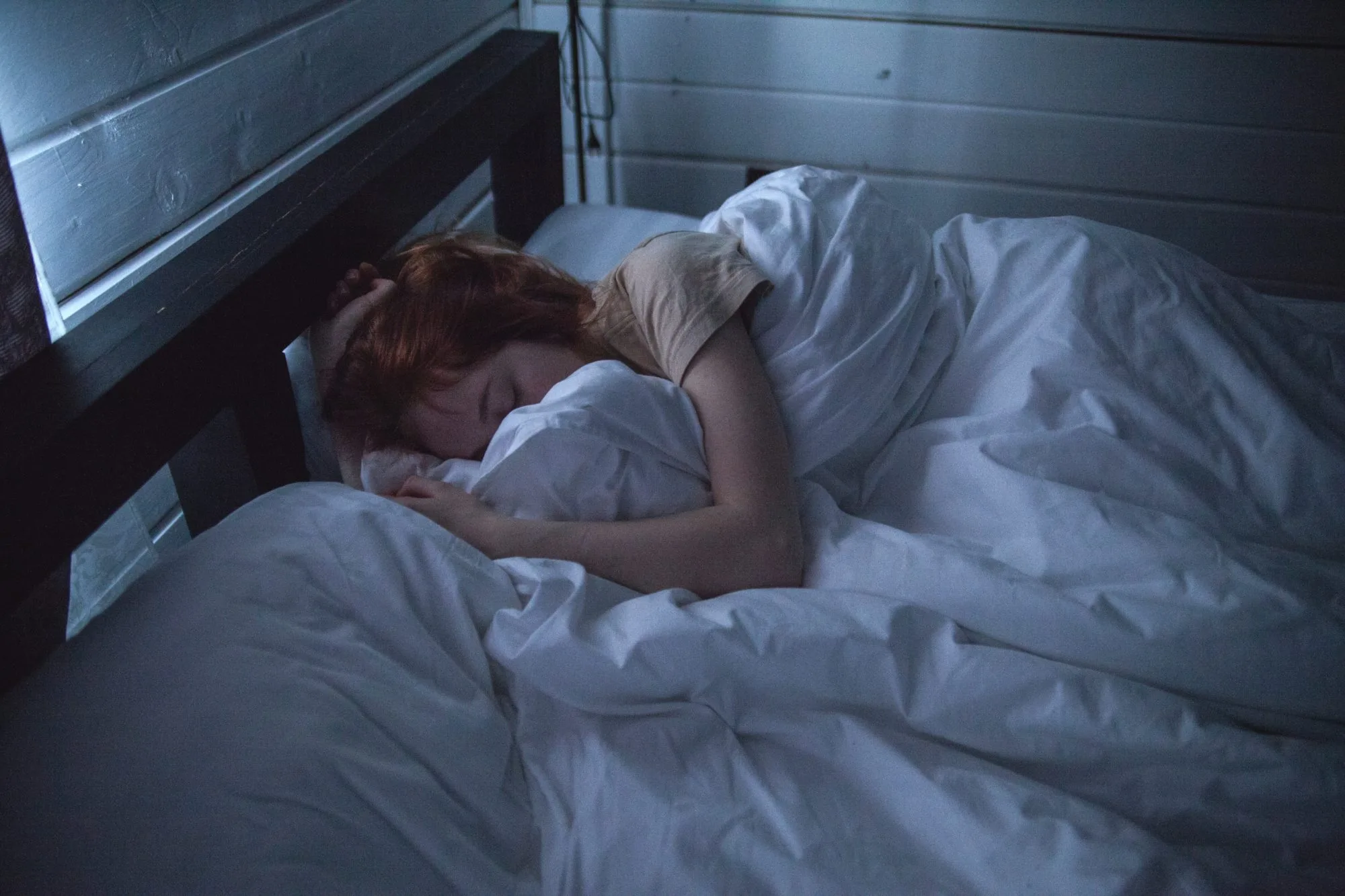Dreams themselves remain somewhat of a mystery to the scientific community. We’ve yet to understand much about them at all. Sometimes dreams are amazing and something you’d like to hold onto forever. On the other hand, dreams can be completely bizarre. A lot of people believe that details of our day-to-day lives heavily influence what we dream about. but could taking melatonin be a factor?
What is melatonin, and how does it work?
Melatonin is a hormone that the body naturally produces. It’s most notable for its role in the sleep cycle. It’s produced by the pineal gland which is ‘pea-sized’ and can be found just above the middle of the brain.
The body typically increases the production of melatonin at night. Once the sun sets, the levels of melatonin in the body increase. In the morning, levels of melatonin drop significantly in order to signal to the body that it is time to wake up.
It’s also influenced by how much light you get during the day and your sleep cycle. In some cases, trouble sleeping is linked to low melatonin levels. In simple terms, melatonin is directly affected by light. Light inhibits melatonin production and darkness stimulates it. This is why many sleep experts advise against using your phone, laptop (or any device) before bedtime. You need the dark in order to stimulate the production of melatonin.
Melatonin Supplements – Are they good or bad?
It is often taken after an overseas trip and is used to readjust the body clock. Most commonly, however, it is taken as a natural remedy for insomnia and other sleep disorders.
Melatonin supplements are not regulated by the Food and Drug Administration (FDA). This unfortunately means that there is only limited information when it comes to how much melatonin is safe to take. When it comes to studies of melatonin supplements, the doses vary hugely, from 0.1 to 10 mg.
A 2017 study claimed that the typical dose of melatonin was between 1 and 5 mg. Typically, it takes between 1 and 2 hours to work and is, thus, taken about 2 hours before bed. Melatonin supplements are classified as dietary supplements rather than as a drug. This means that they are much less strictly regulated.
Because of this, “label claims and product safety” don’t have to meet FDA approval. In fact, a 2017 study found that out of the 31 melatonin supplements, 71% of the products didn’t match the claim on the label. More worrying than that, 26% of the products contained serotonin, which can be harmful even in tiny doses.
When you’re looking for a melatonin product, the best option is to look for products that are “USP verified”. USP stands for United States Pharmacopeia, which is an independent organization that “works to ensure proper quality and dosing of dietary supplements”.
Doctors are also currently studying melatonin for its potential benefits in the treatment of Alzheimer’s disease, cancer, ALS, high blood pressure at night, and sleep problems in children with autism.

Photo by Kinga Cichewicz on Unsplash
Some experts claim that it’s no more than a placebo effect
Melatonin itself doesn’t actually induce sleep. All it does is ‘organize’ the body and tell it that it’s time to prepare for sleep.
What melatonin does is simply give the body the trigger it needs to ready itself for rest. But most of us tend to directly associate melatonin and that feeling of sleepiness. But that isn’t the case, melatonin only serves as a “timer” to inform the body when sleep is likely to occur.
Does melatonin affect your dreams?
Some research does suggest that melatonin impacts the circadian rhythm. It promotes more time in REM sleep, which is the stage of sleep that is most associated with dreaming. Catherine Darley, N.D., of The Institute of Naturopathic Sleep Medicine, Inc., explains that the body’s natural store of melatonin can create a big change when it comes to dreaming.
Despite this, it is still unclear whether taking a melatonin supplement could give you crazy dreams. There simply doesn’t seem to be enough research to confirm either way.
However, having said that, if you are taking a melatonin supplement in an effort to get back to a regular sleep pattern, it might have an effect. But this seems to be more due to the fact that you’re sleeping more.
Melatonin might be overstimulating parts of the brain
Though it’s as yet unconfirmed, some experts believe that melatonin can lead to over activation in different parts of the brain. Melatonin receptors are present across all regions of the brain including the cortex, thalamus, substantia nigra, nucleus accumbens, amygdala, hippocampus, cerebellum, and even your eyes.
Interestingly, it is also these areas that are associated with “earning, memory, processing fearful events and threatening stimuli, stress relations, and cognitive executive function”.
So, it could be that when the body experiences more melatonin than it is used to, these areas of the brain become overactive, which could be the reason behind the weird and often realistic dreams.
The bottom line: Melatonin doesn’t seem to be to blame for your crazy dreams
Ultimately, it is as yet unclear whether taking melatonin supplements has any bearing on what you dream about or, indeed, how crazy those dreams might be. Instead, most experts believe that it is much more likely that your dreams are linked to pieces you are remembering from your day or thoughts you are trying to process or deal with.
It’s much more likely that dreams are your brain and body’s response to what happened yesterday, it could even be as simple as what you ate for dinner that has an impact.
References
https://www.webmd.com/vitamins/ai/ingredientmono-940/melatonin
https://www.healthline.com/health/is-it-bad-to-take-melatonin-every-night
https://www.webmd.com/sleep-disorders/what-is-melatonin
https://www.mindbodygreen.com/articles/melatonin-and-crazy-dreams



![women [longevity live]](https://longevitylive.com/wp-content/uploads/2020/01/photo-of-women-walking-down-the-street-1116984-100x100.jpg)










